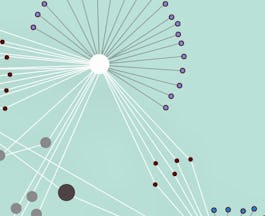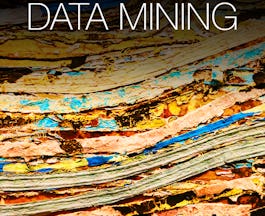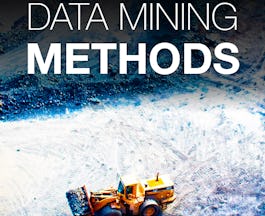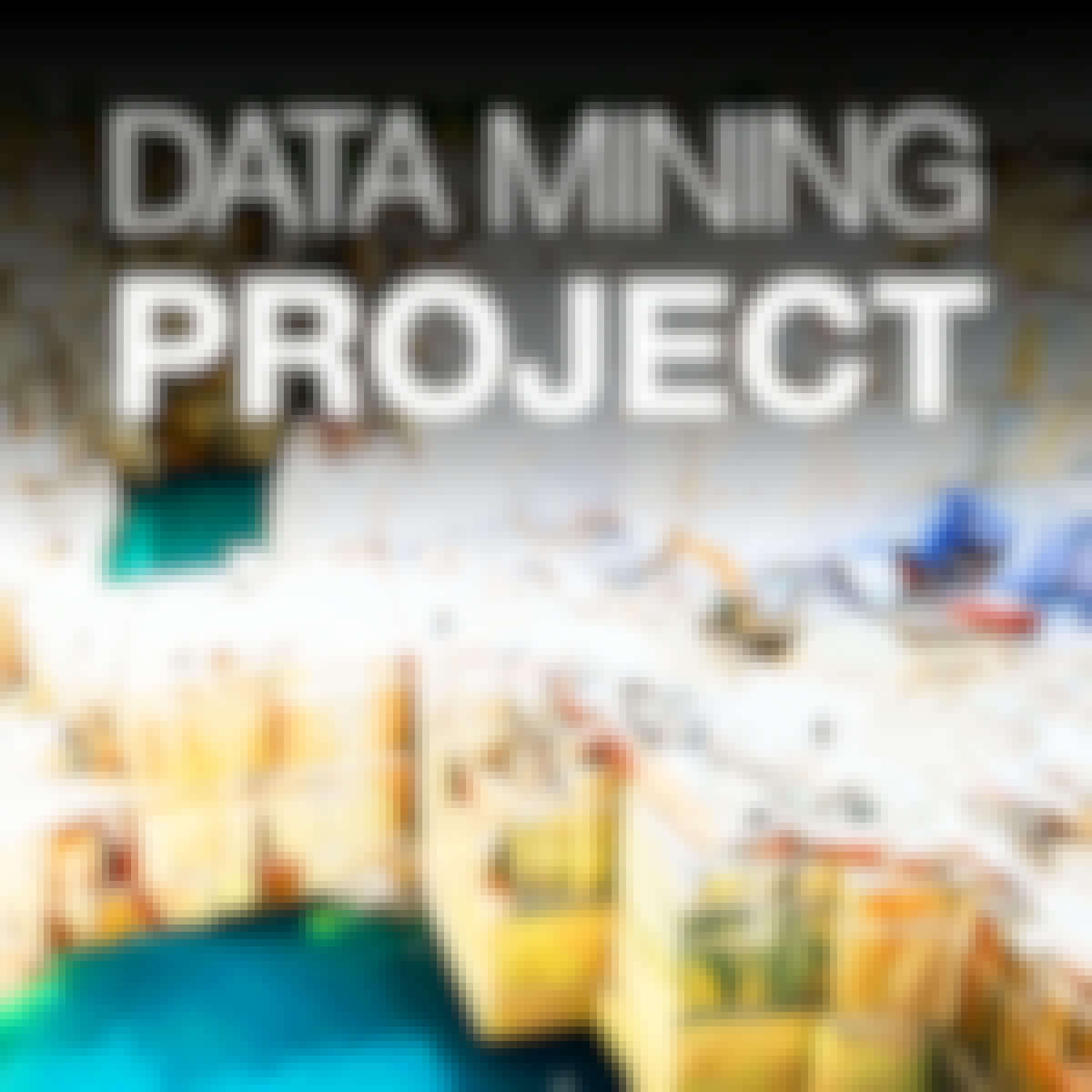Filter by
The language used throughout the course, in both instruction and assessments.
Choose the Data Mining Course That Aligns Best With Your Educational Goals

University of Illinois at Urbana-Champaign
Skills you'll gain: Machine Learning, Data Analysis, Data Mining, Machine Learning Algorithms, Natural Language Processing, Probability & Statistics, Data Visualization, Bayesian Statistics, General Statistics, Probability Distribution, Statistical Programming, Algorithms, Python Programming, Statistical Analysis, Data Visualization Software

Skills you'll gain: Data Analysis, Data Management, Data Visualization, Databases, Python Programming, SQL, Big Data, Data Mining, Data Science, NoSQL, Microsoft Excel

Google
Skills you'll gain: Data Analysis, R Programming, SQL, Spreadsheet Software, Business Analysis, Business Communication, Data Visualization, Data Management, General Statistics, Big Data, Communication, Computer Programming, Data Science, Data Visualization Software, Databases, Exploratory Data Analysis, Extract, Transform, Load, Leadership and Management, Microsoft Excel, Problem Solving, Small Data, Statistical Programming, Tableau Software

University of Colorado Boulder
Skills you'll gain: Data Mining, Data Warehousing
 Status: Recently Updated
Status: Recently UpdatedSkills you'll gain: Python Programming, Data Science, Machine Learning, Data Analysis, R Programming, Professional Development, Data Model, Statistical Machine Learning, Algorithms, Data Visualization, Exploratory Data Analysis, General Statistics, Human Learning, Plot (Graphics), Probability & Statistics, Big Data, Cloud Computing, Computer Programming, Data Mining, Databases, Deep Learning, IBM Cloud, Machine Learning Algorithms, Regression, SQL, Writing

University of Colorado Boulder

Coursera Project Network
Skills you'll gain: Data Analysis, Data Mining, Microsoft Excel

Multiple educators
Skills you'll gain: Machine Learning, Machine Learning Algorithms, Applied Machine Learning, Algorithms, Deep Learning, Machine Learning Software, Artificial Neural Networks, Human Learning, Statistical Machine Learning, Python Programming, Regression, Mathematics, Tensorflow, Critical Thinking, Network Model, Reinforcement Learning
 Status: Free
Status: FreeEindhoven University of Technology
Skills you'll gain: Process Analysis, Data Analysis, Data Mining

University of Colorado Boulder
Skills you'll gain: Data Mining
 Status: Recently Updated
Status: Recently UpdatedMicrosoft
Skills you'll gain: Data Analysis, Data Management, Data Mining, Data Model, Data Visualization, Extract, Transform, Load, Microsoft Excel, Power BI, SQL

University of Illinois at Urbana-Champaign
Skills you'll gain: Data Analysis, Data Mining, Algorithms
In summary, here are 10 of our most popular data mining courses
- Data Mining: University of Illinois at Urbana-Champaign
- Introduction to Data Analytics: IBM
- Google Data Analytics: Google
- Data Mining Foundations and Practice: University of Colorado Boulder
- IBM Data Science: IBM
- Data Mining Methods: University of Colorado Boulder
- Introduction to Data Analysis using Microsoft Excel: Coursera Project Network
- Machine Learning: DeepLearning.AI
- Process Mining: Data science in Action: Eindhoven University of Technology
- Data Mining Project: University of Colorado Boulder










